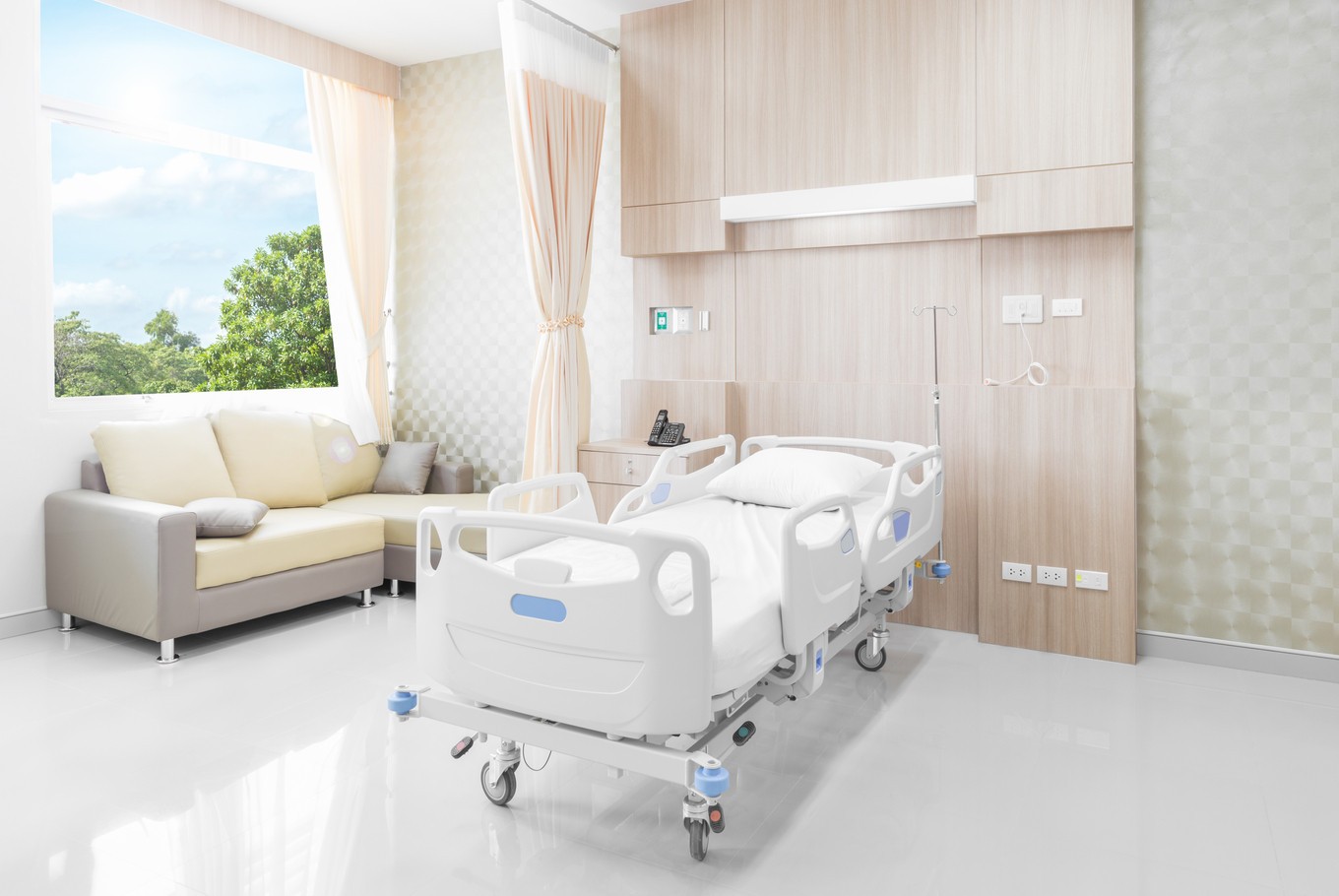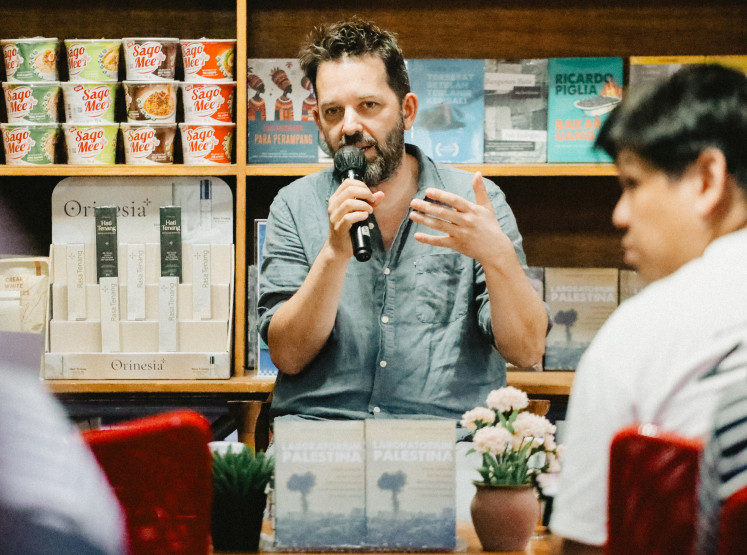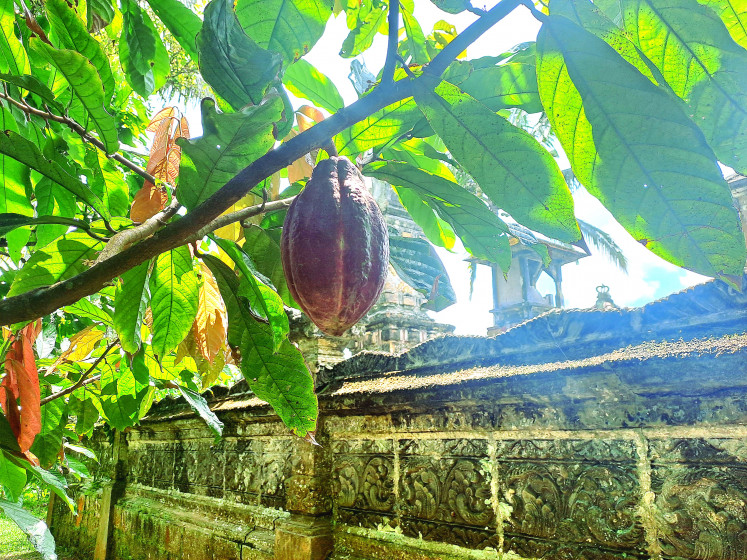Popular Reads
Top Results
Can't find what you're looking for?
View all search resultsPopular Reads
Top Results
Can't find what you're looking for?
View all search resultsSingapore lures Indonesians with qualified doctors, tech
Singapore with its hospitals strives to maintain its position as the main medical hub in Southeast Asia.
Change text size
Gift Premium Articles
to Anyone
W
ith the full backing of the Singaporean government, hospitals in the city-state practically receive all the support they need to maintain their top status in Southeast Asia, a condition that has allowed them to consistently acquire the most advanced medical equipment and attract top doctors who have developed their skills in major medical institutions in developed countries.
Having the most advanced equipment is important for Singapore, whose main rivals in the hospitality medical industry — Malaysia and Thailand — have a competitive advantage in terms of pricing.
It is therefore not surprising for Singapore to continuously introduce the most advanced technologies in various fields of the medical industry.
These newly introduced advanced technologies tend to lure patients from neighboring countries, particularly from Indonesia, whose citizens are perhaps the largest revenue contributors for Singapore’s medical industry.
In the field of endoscopy, for example, the hospitals in Singapore recently introduced a new technology known as “therapeutic endoscopy.”
This technology takes endoscopy to the next level by expanding its function to not only examine one’s digestive tract, but also treat diseases and replace the surgery method.
The implementation of therapeutic endoscopy allows patients to recover faster and also prevents them from suffering from complications, which commonly takes place when surgical procedures are involved.
Chua Tju Siang, a gastroenterologist at Mount Elizabeth Novena Hospital, said therapeutic endoscopy includes a procedure called the endoscopic retrograde cholangio-pancreatography (ERCP), which combines endoscopy and X-rays to treat problems of the bile and pancreatic ducts.
Chua said that by using the ERCP, doctors could easily remove stones in the bile duct and clean the pus inside the patients’ inflamed pancreas.
“This is the kind of treatment in which endoscopy replaces surgery. This procedure is less risky compared to surgery, as it would not result in cuts or wounds outside,” Chua said.
Another advanced technology in the field of endoscopy that is available in Singaporean hospitals is the endoscopic ultrasound (EUS), which uses high-frequency sound waves to produce zoomed-out images of the digestive tract so that doctors can see sub-mucosal tumors with ease.
Singaporean hospitals are also famous for their advanced treatment on cervical cancer, the most common cancer that haunts the female reproductive system, but a cancer that is deemed as preventable if anticipated early with the human papilloma virus (HPV) vaccination.
Quek Swee Chong, a specialist in obstetrics and gynaecology at the ASC Clinic for Women, Singapore, said Singapore has introduced a vaccine that can protect against nine types of HPV.
Most countries outside Singapore still use HPV vaccines that can only protect against two types of HPV – HPV 16 and HPV 18. Due to this, Quek said he believed the vaccine in Singapore could prevent over 90 percent of potential cases of cervical cancer.
Cervical cancer usually develops within a long period of time and therefore, women are encouraged to undergo regular pap smear test to detect whether there are irregularities in their cervix or not.
Should the test show an abnormal result, Quek advised patients to undergo colposcopy, to allow the doctor to check whether they had pre-cancer or not.
If they have pre-cancer, a procedure called the loop electrosurgical excision procedure (LEEP) could help them to remove abnormal tissue from the cervix under local anesthesia.
The LEEP only takes a few minutes, Quek said.
Singaporean hospitals also pay serious attention to its plastic surgery field, which caters to the everlasting people’s need of looking beautiful and young.
Nose job specialist Tan Kar Su developed his own unique skill to beautify his patients’ noses through a medical procedure, something that is not commonly practiced in South Korea, a well-known plastic surgery hot spot.
While most doctors in South Korea use silicone or gore-tex implants, Tan who practices at the Mt. Elizabeth Novena Specialist Center, advocates the autologous method, which uses materials from the patients’ own body, such as from the nasal septum, ear, skin or even rib for their noses.
Tan claims that his method of plastic surgery provides natural and long-lasting results.
His methods aim to eliminate side effects, such as swelling, commonly associated with the silicone or gore-tex implant method, because the patient’s immune system will naturally try to get rid of the foreign materials.
“Utilizing material from their own body will prevent infection or serious complications,” Tan said.











